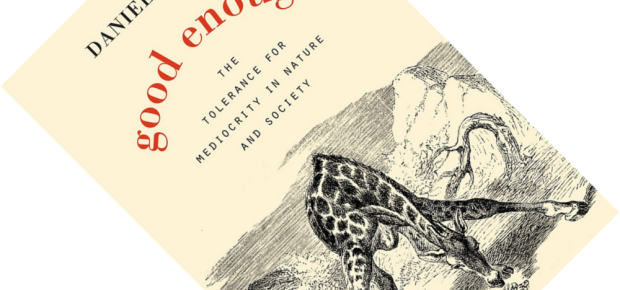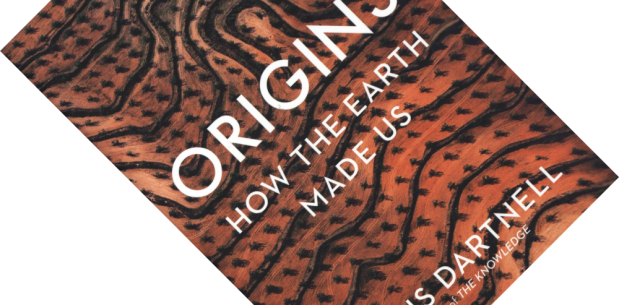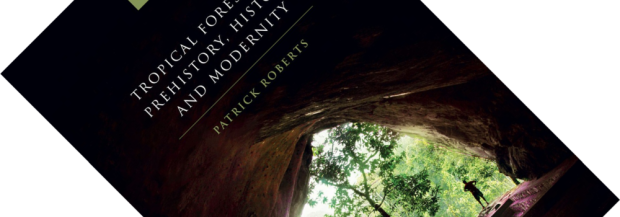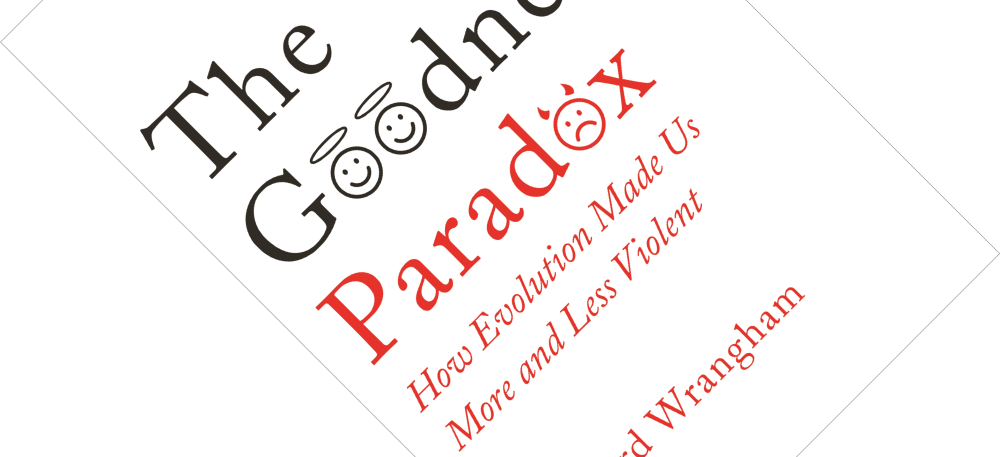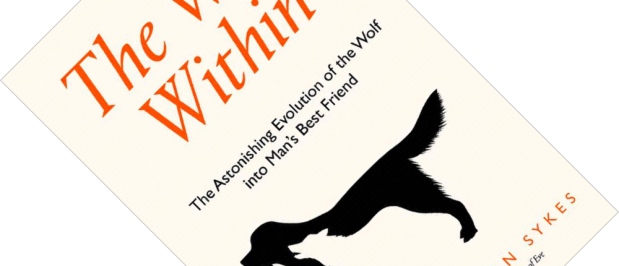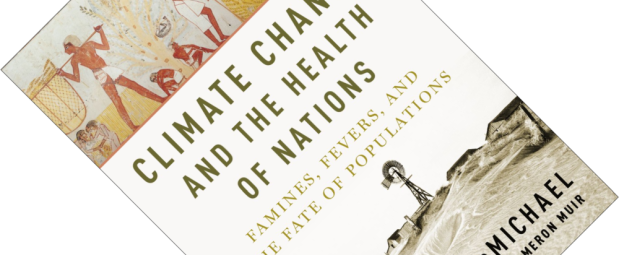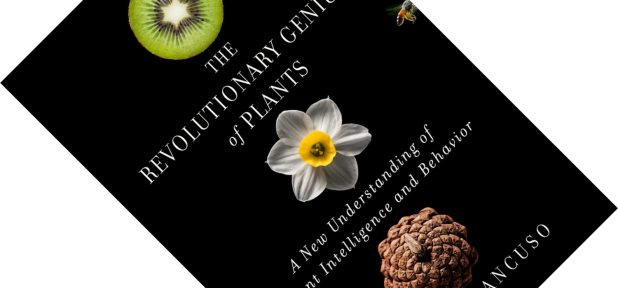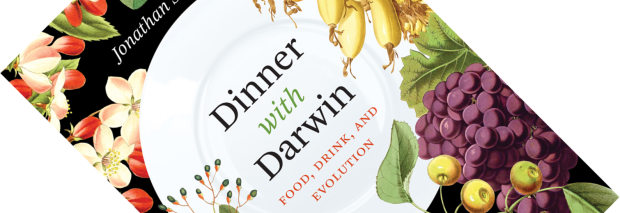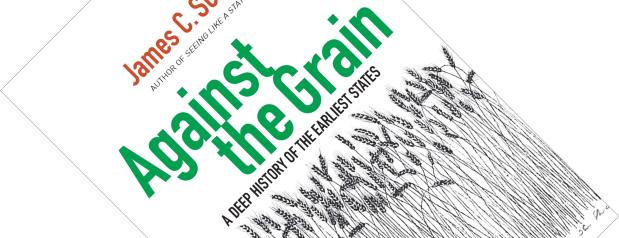6-minute read
The Scottish wildcat is one of Britain’s most threatened wild mammals. Legend and lore tell of a fierce animal capable of taking down a man if cornered. Once common, only a small remnant population survives in the Highlands of Scotland and now faces the unlikely threat of genetic dilution by hybridisation. Tracking the Highland Tiger sees nature writer Marianne Taylor go in search of this mysterious cat. But it quickly becomes apparent that the book’s title can be interpreted on several levels.

